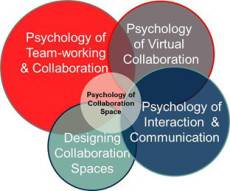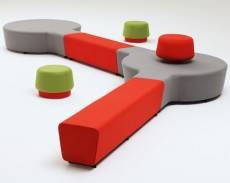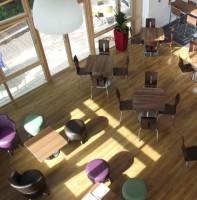August 8, 2013
The war against environmental cynicism puts an onus on suppliers to be honest
 Greenwash is one of those terms that has gone from needing an explanation to being in common usage in the space of a few years. The reason for that is quite simply that it is the perfect description of a particular form of marketing bullshit that we all recognise. However, while a degree of scepticism about what you hear from marketers is always healthy, but I fear the point has been reached where some people find it easy to dismiss real environmental claims as greenwash. The war against cynicism can partly be helped if more manufacturers and suppliers could get better at demonstrating the validity of their claims.
Greenwash is one of those terms that has gone from needing an explanation to being in common usage in the space of a few years. The reason for that is quite simply that it is the perfect description of a particular form of marketing bullshit that we all recognise. However, while a degree of scepticism about what you hear from marketers is always healthy, but I fear the point has been reached where some people find it easy to dismiss real environmental claims as greenwash. The war against cynicism can partly be helped if more manufacturers and suppliers could get better at demonstrating the validity of their claims.

























September 13, 2013
100% Design: Holding a mirror up to the way we design and manage workplaces
by Mark Eltringham • Comment, Events, Facilities management, Furniture, Products, Workplace design
Hanging Room at 100% Design
If art holds a mirror up to nature, shouldn’t the design of workplace products hold a mirror up to the way we work? By definition, the things with which we surround ourselves should tell us something about the way we see ourselves and what we do. It should be possible to infer from the design of the products suppliers offer to the market what is changing in the workplace. This isn’t always the case, of course, especially for those firms who see design not so much in terms of putting lipstick on a gorilla as telling you that what you’re looking at isn’t in fact a gorilla at all. It’s Scarlett Johansson.
(more…)